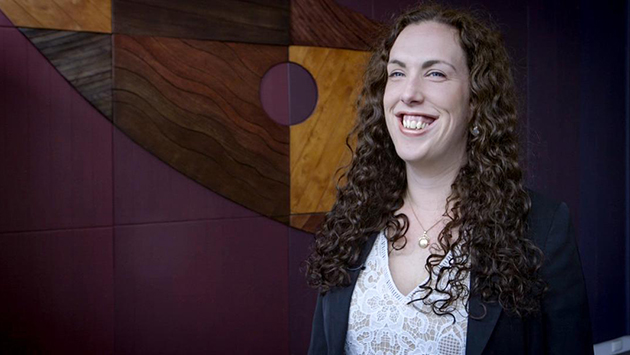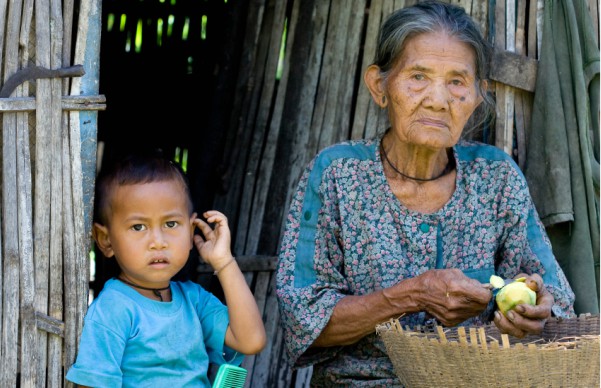Criminology
What is the Criminology program about?
Crime is an issue that governments and communities face every day. The meaning of justice and the best way to respond to crime and criminality are the subject of ongoing passionate debate in the media, in parliaments, in court rooms, and in communities, locally and globally.
Criminology is the study of crime, criminality and criminal justice systems in Australia and worldwide. Areas of focus include how individuals and groups are criminalised, the causes of crime, the social context of offending, crime prevention, systems of social control, and the punishment and rehabilitation of offenders.
Studying criminology gives you the skills to criticcally analyse the criminal justice policies, practices, systems, culture and relationships at an individual and societal level. By applying criminological thinking to these issues, you can help improve understanding of and advance the evidence base to challenge the complex reasons behind offending as well as study the impacts it has for victims and communities. Criminology provides you with a toolbox for developing initiatives and agendas for change.





